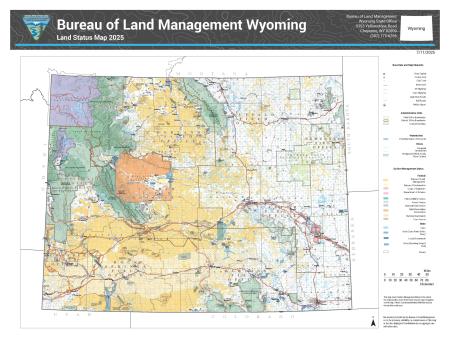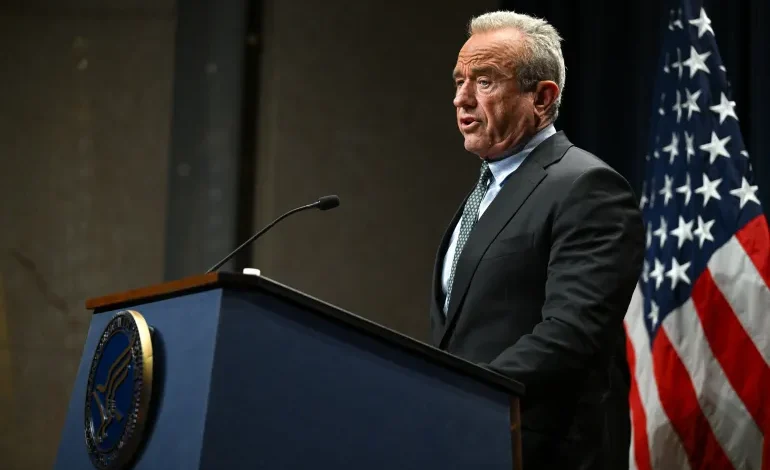US Health and Human Services Secretary Robert F. Kennedy Jr. walked back one of his most controversial public claims this week, that taking Tylenol during pregnancy directly causes autism in children.
Speaking at a press conference on Wednesday, Kennedy adopted a noticeably milder tone than in past remarks.
“The causative association between Tylenol given in pregnancy and the perinatal periods is not sufficient to say it definitely causes autism,” he said. “But it’s very suggestive.”
He added:
“There should be a cautious approach to it. That’s why our message to patients, to mothers, to people who are pregnant and to the mothers of young children is: Consult your physician.”
The statement marks a shift closer to mainstream medical consensus. Health agencies, including the World Health Organization (WHO), have long maintained that there is no consistent evidence linking acetaminophen (Tylenol) use in pregnancy to autism, despite ongoing studies exploring possible correlations.
“Extensive research has not established any causal relationship,” the WHO said in September.
Still, Kennedy’s earlier remarks, echoed by President Donald Trump, have already rippled into politics and law. On Tuesday, Texas Attorney General Ken Paxton filed a lawsuit against Johnson & Johnson and Kenvue, accusing them of “deceptive marketing” by promoting Tylenol as safe for pregnant women.
Paxton referenced both Trump’s and Kennedy’s rhetoric, saying:
“By holding Big Pharma accountable for poisoning our people, we will help Make America Healthy Again,” invoking Kennedy’s “MAHA” slogan.
Scientists warn that such political amplification of unverified claims risks undermining public health. Tylenol, a staple over-the-counter medication used by millions globally, remains widely considered safe when used as directed, though health professionals consistently advise consulting a doctor during pregnancy.
Kennedy, who lacks a medical background, previously called the use of Tylenol during pregnancy “irresponsible” in an October cabinet meeting. His remarks, and Trump’s September statement that “taking Tylenol is not good,” have drawn criticism for spreading scientific misinformation from the highest levels of government.










The latest news in your social feeds
Subscribe to our social media platforms to stay tuned